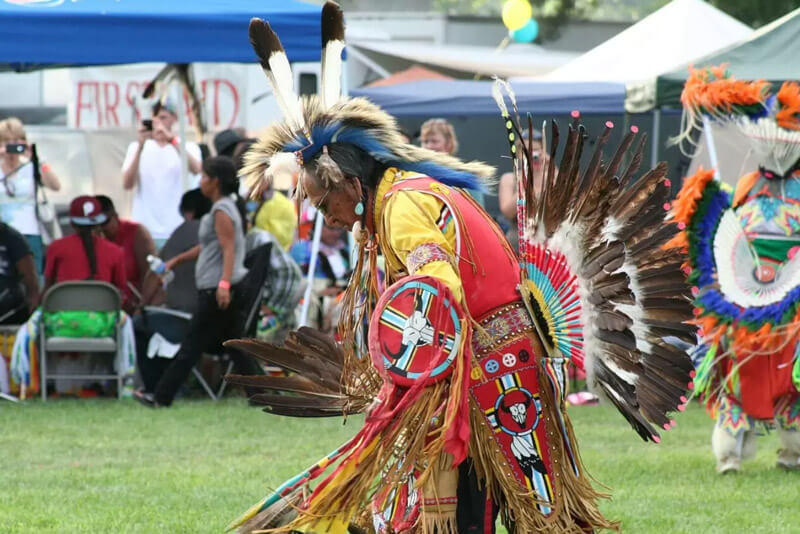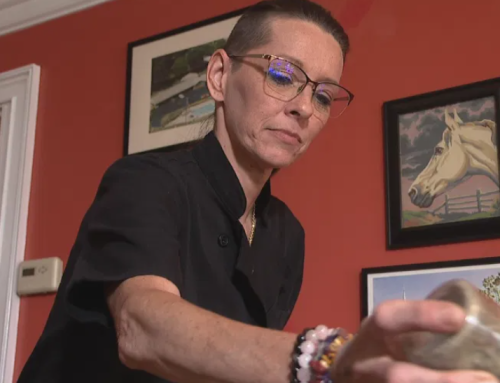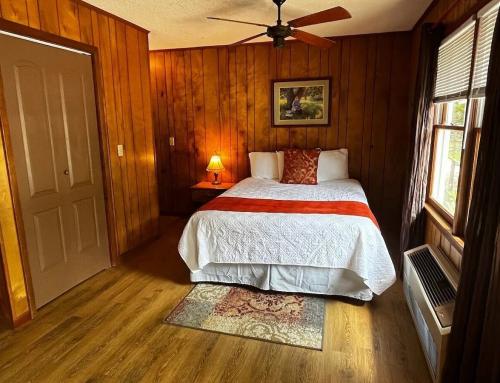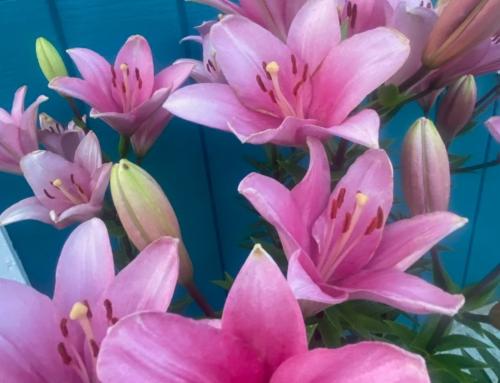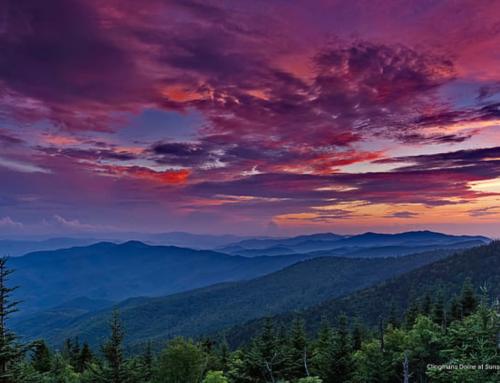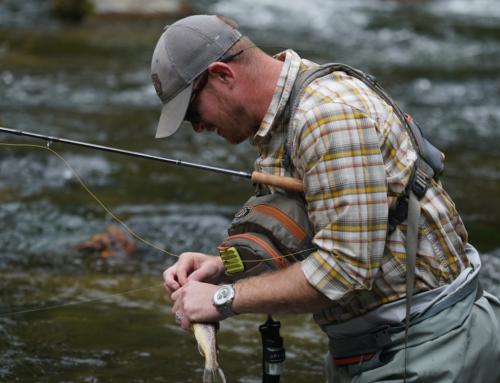Nestled in the scenic beauty of Western North Carolina, near the Great Smoky Mountains National Park, lies the Qualla Boundary—the ancestral homeland of the Eastern Band of Cherokee Indians. Covering 57,000 acres, this sacred land is home to nearly 9,000 members of a proud, deeply spiritual, and resilient community with roots reaching back to 11,000 B.C.
Once spanning over 135,000 square miles across the South, the Cherokee Nation has faced tragedy and triumph alike. Today, their story is told through living traditions—especially the arts and crafts that carry their cultural memory forward.
The Living Legacy of Cherokee Arts and Crafts
For generations, Cherokee artisans have shaped the cultural identity of this land through their skilled hands. Whether it’s river cane basketry, carved masks, or beaded jewelry, these art forms tell stories of ancestry, ceremony, and connection to nature.
Highlighting the Arts and Crafts of the Cherokee Nation
Basket-Weaving: From River Cane to Masterpiece
Cherokee basketry is a labor of love and endurance. Artists often travel over 100 miles to gather river cane, the most prized material. Using white oak, honeysuckle, or cane, each basket is crafted from the tree trunk up—shaved into strips and woven into functional beauty.
Where to see it: Visit Qualla Arts and Crafts Mutual, the oldest Native American cooperative, to explore rare and collectible baskets, and meet the artists keeping this tradition alive.
Cherokee Pottery: Earth, Utility, and Ceremony
Unlike the ornate styles found in the American Southwest, Cherokee pottery is grounded—earth-toned, rugged, and deeply symbolic. Pieces like the wedding pitcher, used in ceremonies and smashed afterward, or the Seven Clan pot, used during tribal councils, reflect the community’s values of unity and tradition.
Traditional Masks: Boogers and Beyond
Carved from buckeye wood or even hornet nests, Cherokee masks are not just art—they are ritual tools. Booger Masks, in particular, play a role in winter dances designed to scare away evil spirits before the spring planting season. These vibrant, expressive creations are a stunning example of Cherokee ceremonial life.
Beadwork and Jewelry: A Story in Every Stitch
Traditional Cherokee beadwork incorporates materials from the land: seeds, bone, claws, and shells gathered through trade. Though many ancestral patterns have been lost, modern bead artists infuse personal meaning into every piece, carrying forward a vibrant form of storytelling.
Where to Experience Cherokee Arts and Crafts Today
Qualla Arts and Crafts
Established in 1946, this artist-owned cooperative features over 350 tribal artists and is a must-visit hub for authentic Native American arts. Here, you’ll find everything from baskets and flutes to ceremonial masks and carvings made with sustainably sourced butternut wood and natural dyes.
Medicine Man Crafts
Located in Cherokee, NC near the Museum of the Cherokee Indian,
This historic shop showcases iconic artists like Amanda Swimmer and John Wilnoty. Founded in 1963, it remains a cornerstone for collectors seeking true Cherokee craftsmanship.
Plan Your Cultural Getaway
Located just a short drive from Cherokee, NC and the Blue Ridge Parkway, Meadowlark Motel in Maggie Valley offers rustic comfort, Appalachian hospitality, and direct access to the cultural treasures of the Smokies.
Ready to explore?
Book your room now and immerse yourself in the living traditions of the Cherokee people—just minutes from your front porch.



